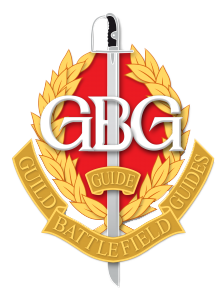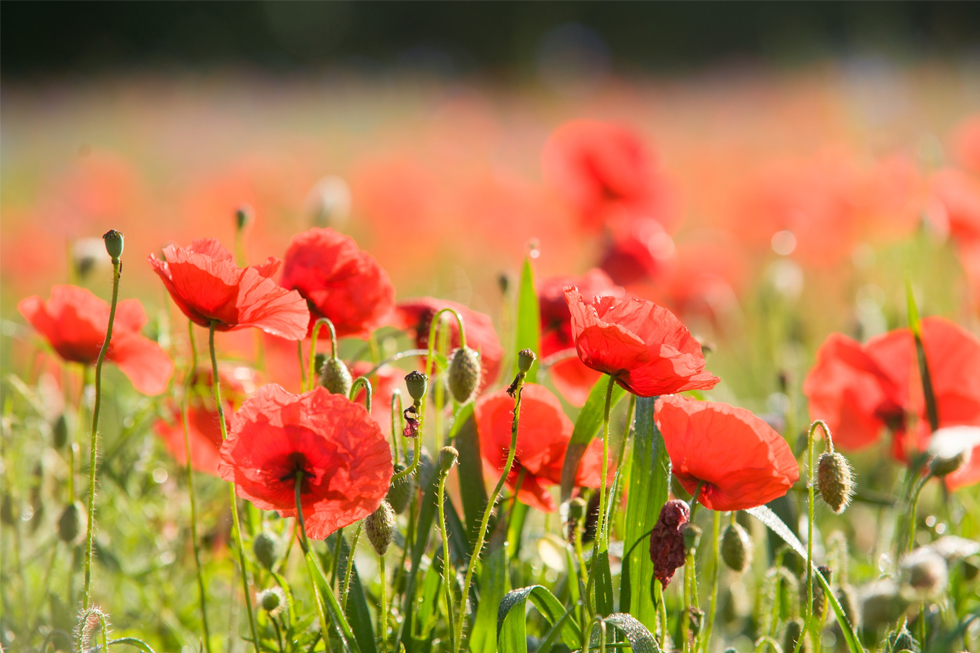It is the time of year again when at 11a.m. on 11th November (the eleventh hour of the eleventh day of the eleventh month) that we remember the sacrifice of the thousands of men and women of the United Kingdom of England Scotland Wales and Northern Ireland armed forces who died in conflicts whilst serving their country. In doing so most of us tend to think in terms of the first and second world wars but it may surprise you to know that since 1945 more than 7000 UK military personnel both men and women have been killed in conflicts throughout the world.
Whilst some of the more recent conflicts such as Afghanistan, Iraq, the Falklands and Northern Ireland are of relatively recent memory many of the other conflicts will have occurred before many of our readers were even born and even the most prominent will be unknown to most people. Service men and women were dying in conflicts in Palestine (1945-48), Malaya (1948-60), the Berlin Airlift, the Yangtse ‘Incident’, the Korean, in Egypt both before and during the Suez crisis and in Borneo and this is far from a complete list.
Most deaths occurred in the little remembered or commemorated Malayan conflict between 1948 and 1960 when 1442 died followed in terms of numbers by the Korean war (1129) and Northern Ireland (1441) with the two Gulf wars and Afghanistan adding to the total. In Afghanistan 457 military personnel lost their lives ad many more were wounded, many with life changing injuries. Most of those would have died in earlier conflicts but for the advancement in battlefield medical services.
Whilst the total number of deaths or those in the individual conflicts may not seem to compare with say the nearly 20,000 killed on !st July 1916 individual deaths still have a devastating impact on the lives of spouses, partners, parents, children, friends and the wider family of those killed. Some of these conflicts were colonial wars where the UK was perhaps too slow in giving up its imperial pretentions, others were fought in the name of what we call freedom. Some have been more popular than others but the men and women serving in the military did not, could not, argue the merits of the conflict but simply served. They deserve to be remembered just as much as their fellow service men and women from the two World Wars.


